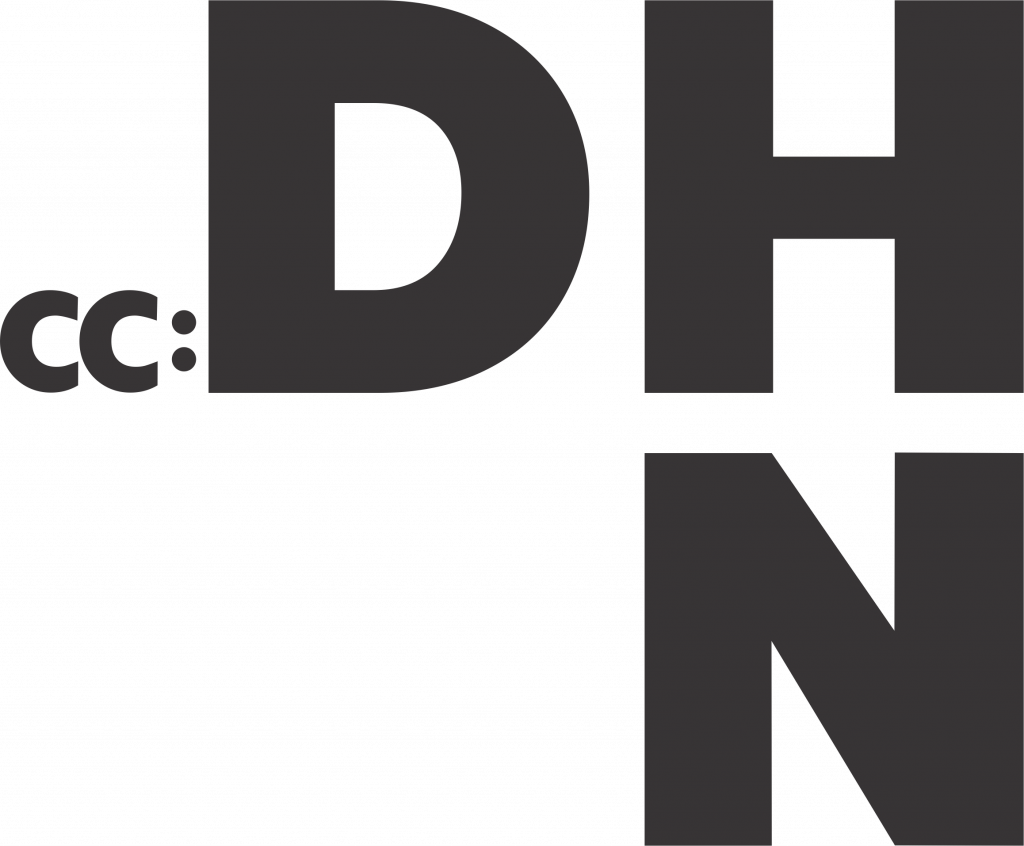
- This event has passed.
Queer(ing) DH
Format
in person/face-à-faceQueerness and the digital humanities share a common ethos: a desire to make meaning in new ways. Indeed, the intersection of DH and queerness is a site of rich potential that can inspire (and challenge) us to think differently about DH, its methods, its purpose, and its politics. This is true whether we are building a DH project or writing DH critique.
This course draws from readings, discussions, interactive exercises, visits by guest speakers, and short, collaborative hands-on making projects to explore a variety of questions about queerness and DH. What does DH bring to queer studies? What does queer studies bring to DH? How might a queer DH project serve social justice? How can we develop DH projects that are queer in their design? What might it mean to queer DH itself? How can we understand DH as already queer? This course values self-reflection, intersectional perspectives, and cultural critique. It addresses the challenges and frictions facing those who do queer DH work. What are the obstacles for queer DH within larger structures of academia and funding? Is there a tension between the push for skill-building within DH and queer studies’ critiques of neoliberalism? When do the norms of DH themselves run counter to the values of queerness?
Our readings will address topics that fall under the wide umbrella of the “digital humanities,” including (but not limited to) data visualization, classification systems, programming languages, video games, mapping and geography, online archives, and tangible computing. We will also engage with queer communities at and around the University of Victoria by visiting the Trans Archive. As instructors, we bring to this course an understanding that LGBT/queer people, identities, and histories are multiple and complex. We strive to foster thinking about queerness and DH that engages meaningfully with intersecting issues of race, class, disability, nationality, religion, and indigenous rights.
This course includes lecture, seminar, demo, and hands-on components. Consider this offering in complement with, and / or to be built on by: Intersectional Feminist Digital Humanities: Theoretical, Social, and Material Engagements; Race, Social Justice, and DH: Applied Theories and Methods; Critical Pedagogy and Digital Praxis in the Humanities; Spatial DH: Unsettling Cultural Territories Online; Anti-Colonial DH Pedagogy; and more!
